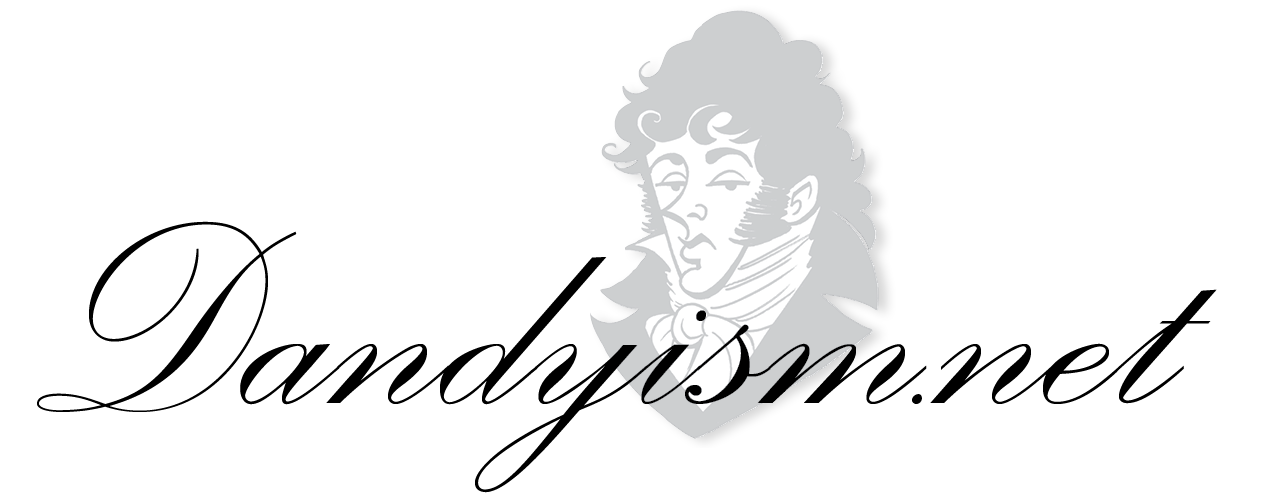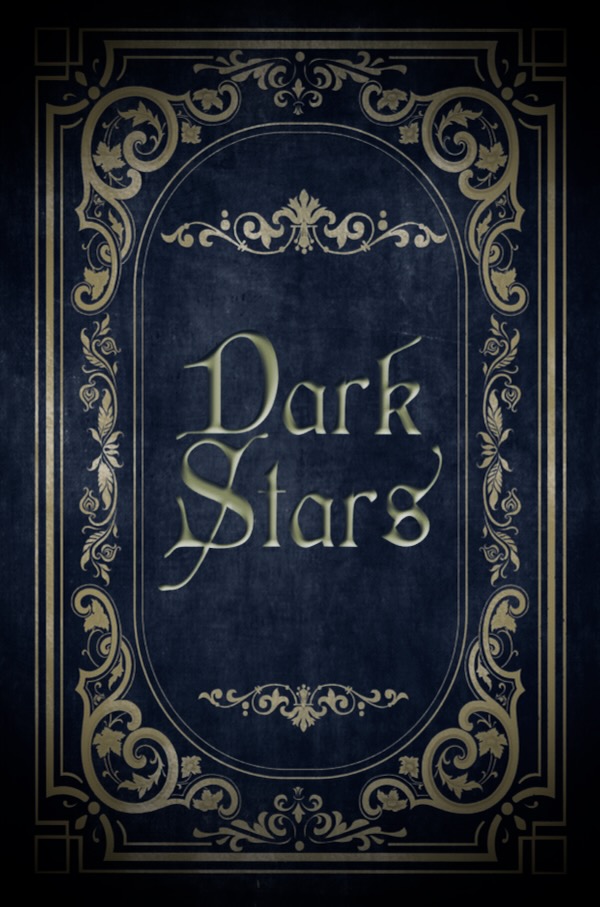Baudelaire’s 1863 essay on dandyism, after characterizing the tradition as a “strange sort of spirituality,” declares it “the last stroke of heroism in times of decadence.”
Twenty-one years later, J-K Huysmans would pay tribute to the poet in Against Nature, the novel that birthed the Decadent Movement that lasted until the close of the century. Along the way, dandyism overlapped with Aestheticism, Decadence, and the third and least-known movement among artists and those of aristocratic disposition in fin-de-siecle France: occultism.
The French Occult Revival began at the same time as Baudelaire with Eliphas Levi’s The Ritual and Dogma of High Magic, and peaked with the flamboyant novelist, mage and aesthete Josephin Peladan. I’m pleased to have made a contribution to the Decadent Occult Tradition with my new book entitled Dark Stars: Heroic Spirituality in the Age of Decadence. Set outside any particular time and place, the book follows Theodore, last scion of a noble family of fallen fortune, who sets out on a quest of the spirit as his civilization slides into decadence. Along the way he meets an assortment of archetypal characters who instruct him in the ways of astrology, alchemy, Hermeticism, and other branches of the great tree referred to as the Western Mystery Tradition.
The book opens as follows:
When the last dust-covered bottle of wine was empty, Theodore said goodbye to the world he had known, and set out on the path of Perseus.
Over the course of his lifetime he had watched with disillusion as everything around him become first mediocre, then lost, and finally sinister. His family was gone, and he was the last of his kind. Circumstances related to the Great Fall had atomized his friends and turned them into strangers, and all fraternal organizations that bound men to one another were but a distant memory. Even on the most fragrant spring evenings romance no longer floated on the wings of cupid, and the only humor men could muster was sardonic.
The ancestral cellar was empty and the vineyards had withered. One by one the barbarians had descended upon the village his family had called home for generations, and even when they were out of sight the sounds they made carried through the air, and their presence was always felt.
It is said that change happens gradually and then all at once. Theodore had been watching the cosmic drama unfold since he came of age. But over the past decade he was forced to stare in shock and disbelief as all he had previously theorized proved to indeed be happening. The whole situation, he eventually concluded, could be explained in one word, and that, for reasons beyond his understanding, he should be among those who come when night is falling instead of dawn breaking.
That word was decadence.
But this realization was only the beginning, for next came the futile search for a solution, for some means of making the problem go away, if only from his mind. This merely led him back, however, to the cowardly avoidance of where he’d been before, and so Theodore willowed away again in spleen and ennui, finding consolation, or at least clarification, in Paul Bourget’s 1881 observation that “Decadence knows no tomorrow, and in the end is always destroyed by barbarity.”
When Theodore finally accepted that art, beauty, honor, and the qualitative differences between men had been eradicated, and that the masses — the atomized and rootless hordes without gods, ancestors, culture or tradition — had only begun to unleash their irrational influence, he realized there was no escape save for that which he could create for himself. And so with his last ounce of willpower, the final smoldering ember that refused to die, he set out into the unknown.
Readers take care that the path of Heroic Spirituality is one that can fail, and should not be undertaken by those lacking the necessary qualifications. — CHRISTIAN CHENSVOLD

